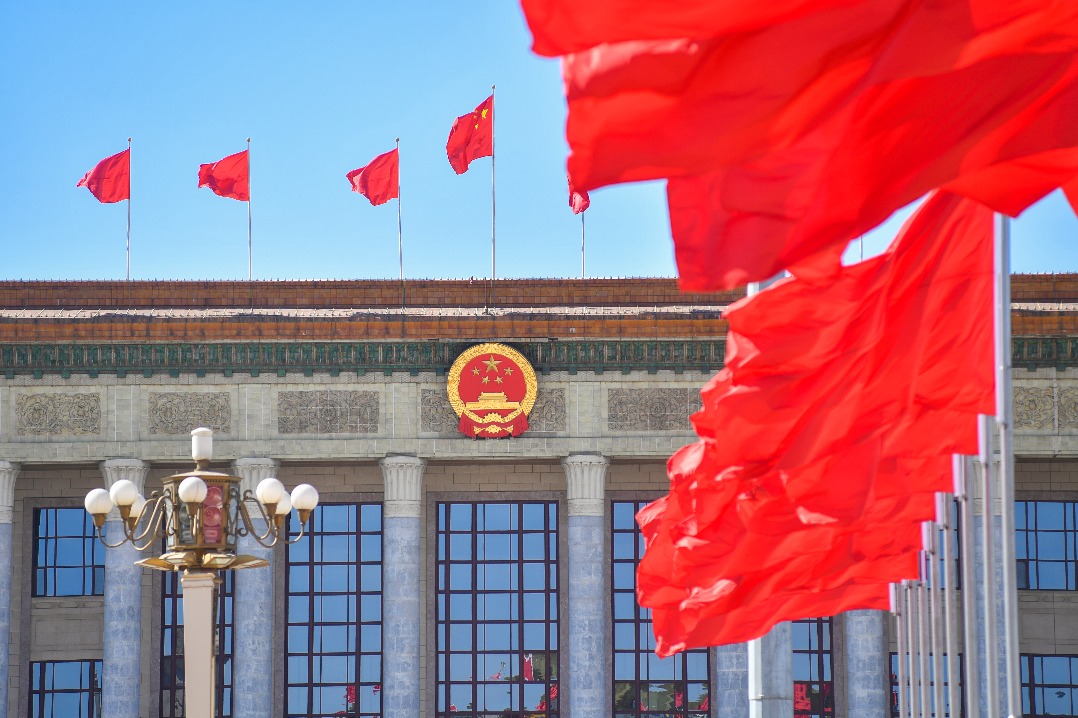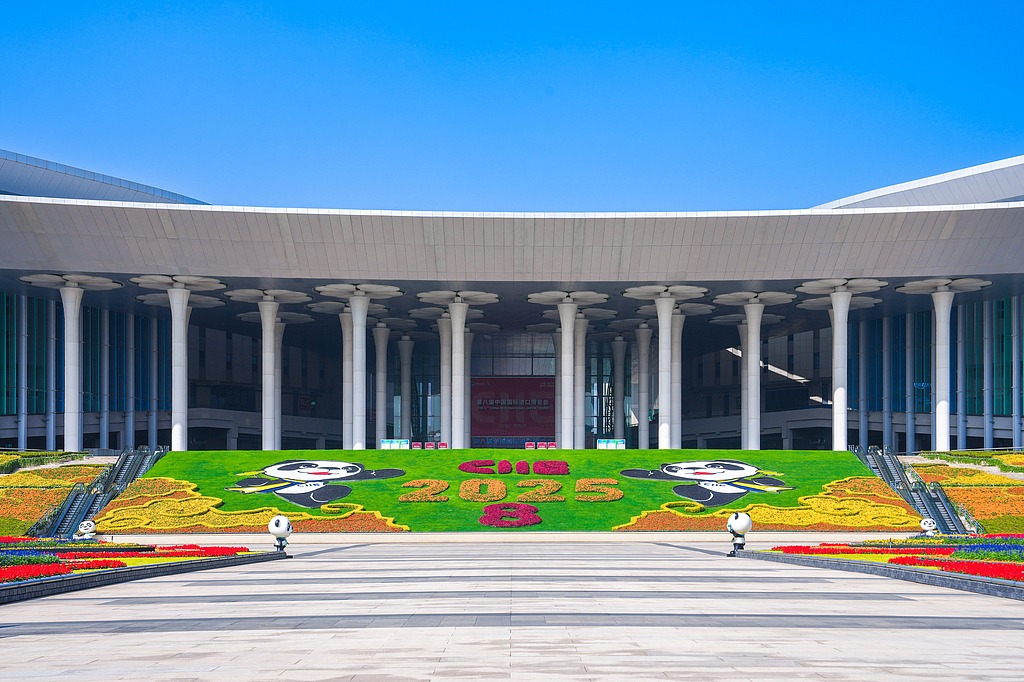Fault line eraser
The SCO is renewing the promise of a UN-centered, multi-civilizational multilateralism


Eighty years ago, China and the Soviet Union fought shoulder to shoulder with their wartime ally, the United States, to liberate Asia from the scourge of Japanese fascism.
China was the first country to resist fascist aggression following Imperial Japan's brazen occupation of Northeast China in 1931, as then US president Franklin Roosevelt himself later acknowledged. From August 1939, when the Soviet Union entered into non-aggression pacts with Germany, to December 1941, when the US finally joined the fight after the Japanese attack on Pearl Harbor, China bore the main responsibility of resisting Japanese aggression in Asia. And even when its allies instrumentally utilized China's resistance to facilitate their own military strategies, such as cutting a path through Myanmar to Southwest China to enable the US' strategic bombing campaign in support of its Pacific Fleet, China did not flinch from the collective effort. For its part, the Soviet Union suffered incalculable losses in Stalingrad and Kursk to tip the war effort in the Allies' favor. The West's troop deployments in the European theater started with the Normandy landings in June 1944, and were never comparable to those of Moscow's even at the peak.
Eighty years ago, the United Nations was founded with a vision to save succeeding generations from the scourge of war, reaffirm faith in fundamental human rights, establish respect for treaties and the rule of law, and promote social progress and better standards of life and livelihood.
Two cherished aspirations were key. First, to build what would essentially be a new type of international relations founded on common interests and win-win cooperation that would, in president Roosevelt's words at the Yalta Conference in February 1945, "spell the end of the system of unilateral action, the exclusive alliances, the spheres of influence, the balances of power, and all the other expedients that have been tried for centuries — and have always failed". A cooperative international order would be founded based on collective security backed by its key major powers. The domestic political system of states would not be an impediment to cooperation. Second, to build a new international economic order founded both on market-based as well as welfarist principles that would advance global stability, facilitate the reconstruction of wartime economies, promote full employment and eliminate all forms of discriminatory treatment in international commerce. The domestic economic structure of states would not be an impediment to exchanges. State and market would coexist, and liberal economic multilateralism would be aligned with state-led development goals.
The first aspiration died in the immediate ideological polarization of the Cold War and the US' self-serving and trigger-happy attempt thereafter to expand a community of democracies in the post-Cold War era. The second aspiration perseveres today under extreme strain such that its key architect, the US, no longer believes in the virtues of its own rules-based economic order and is doing its best under the current president to tear down the order's institutional scaffolding.
Eighty years later, the Shanghai Cooperation Organization, as the world's largest multipower, multipolar regional organization featuring the broadest collection of civilizational actors, must transmit and renew once again the farsighted aspirations of that stillborn 1945 order. By tying its key strength — its multi-civilizational character — to the UN's multilateralist aspirations, the SCO could enlarge the space for multi-civilizational contact and commerce, and enrich the multi-civilizational character of global politics.
The SCO, through its power of example, must proclaim a vision of a new partnership of nations and civilizations that transcends ideological and geopolitical barriers: A partnership based on consultation, cooperation and collective action, especially through international and regional organizations; a partnership united by principles and rules of law and supported by the equitable sharing of both cost and commitment; a partnership, whose goals must be to increase global and civic partnership, boost prosperity, consolidate peace and reduce arms. Just as importantly, the SCO, as one of the largest regional economic organizations with a combined GDP of over $20 trillion in 2024, must advocate a structured and reformed global development order, a universally beneficial and inclusive economic globalization, and a just and equitable global governance system. Trade, investment and connectivity linkages, both bricks-and-mortar and digital, between SCO member states, must be qualitatively deepened too.
At a time of century-defining transformation in global politics, the international order cannot — and must not — be cast in the image of a single country. Rather, it must be cast, as President Xi Jinping observed in his remarks at the SCO Tianjin Summit, of "a garden of civilizations in which all cultures flourish in prosperity and harmony through mutual enlightenment". Civilization must serve as a bridge, not a fault line. And political leadership must facilitate a confluence, not a clash, of civilizations.

The author is a senior fellow at the Institute for China-America Studies. The author contributed this article to China Watch, a think tank powered by China Daily.
The views do not necessarily reflect those of China Daily.
Contact the editor at editor@chinawatch.cn.


































